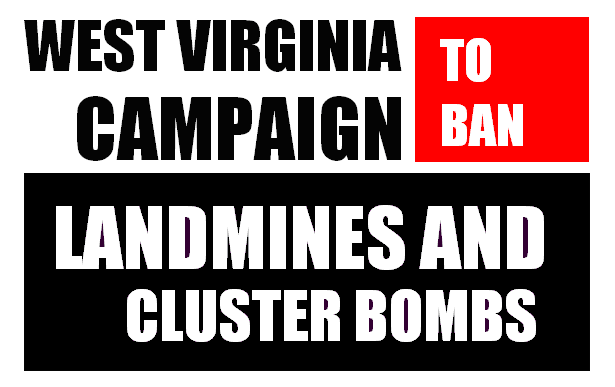
The Twelfth Meeting of States Parties (MSP) to the Convention on Cluster Munitions (CCM), held in Geneva from September 10-13, 2024, reaffirmed the convention’s relevance and strength despite unprecedented challenges. The meeting provided a platform for addressing key issues and making crucial decisions, reflecting the ongoing commitment of States Parties to the CCM’s principles and objectives.
The meeting was another opportunity for States Parties to reaffirm their commitment to ending the harm caused by cluster munitions and to emphasize their obligation never to use, develop, produce, acquire, stockpile, retain, or transfer these weapons under any circumstances. States Parties emphasized the importance of universal adherence to the convention and the need to discourage the use, development, production, stockpiling, and transfer of cluster munitions by states outside the convention, particularly important in light of the U.S. government’s multiple transfers of cluster munitions to Ukraine over the past year.
The major issue of concern discussed was the decision by State Party Lithuania to leave the Convention, the first such withdrawal from a multilateral treaty prohibiting a whole class of weapons. Two-thirds of states participating in the meeting expressed their concern about Lithuania’s withdrawal, noting their own unwavering commitment to the convention.
In the final report approved by all States Parties, the Meeting “deeply regretted” Lithuania’s decision to withdraw from the convention, noting that the norms enshrined in the CCM and international humanitarian law more broadly were intended to provide a “guardrail” of protection for civilians exactly in instances of heightened insecurity or conflict. In the report, the Meeting urged Lithuania to reconsider its decision and offered to continue to engage in constructive dialog in that regard. Moreover, States Parties pledged to “spare no effort” to prevent any withdrawals from the convention, stressing the importance of maintaining the CCM’s unity and effectiveness.
Universalization of the convention’s membership was also a key issue, not only because of Lithuania’s decision to withdraw, but also because of the lack of new accessions to the convention since the Eleventh MSP. The Meeting stressed the importance of concerted and sustainable actions to promote universal adherence, particularly in the lead-up to the Third Review Conference in 2026.
At the same time, the MSP highlighted many positive developments. It welcomed the completion of stockpile destruction (Article 3) obligations by all States Parties, including Peru and South Africa in the past year, and celebrated the neutralization of all cluster munitions retained for training purposes by Belgium. Three countries – Chad, Germany, and Lao PDR, were granted extensions to their clearance extensions, as permitted under Article 4. In an important move to highlight the importance of protecting communities from cluster munition remnants, the MSP decided to appoint a dedicated coordinator for risk education within the CCM machinery and to introduce a separate agenda item on risk education in the agenda of future MSPs.
Looking ahead, the meeting set out several initiatives to strengthen the convention’s resilience. H.E. Mr. Carlos D. Sorreta, Ambassador and Permanent Representative of the Philippines to the United Nations Office in Geneva, was confirmed as the President of the Thirteenth Meeting of States Parties (13MSP). After a break of two years, the Meeting decided to hold intersessional meetings in 2025, an important mid-year gathering to ensure ongoing challenges are discussed in a more timely manner.
The final report took note of a recent Stakeholder Dialogue to address major challenges to the convention and the norm against cluster munitions. The Meeting requested the Implementation Support Unit, in support of the President of the Thirteenth MSP, to continue convening “a series of Dialogues open to States parties and other stakeholders to reflect on these and other concerns and challenges.” Such dialogues are intended to support the President, who in cooperation with the Troika and Coordination Committee was mandated to present recommendations for the convention’s future direction for consideration at the 13MSP.
Despite the challenge of Lithuania’s withdrawal, the meeting emphasized the continued strength and importance of the CCM. The commitments and planned actions underscore the international community’s dedication to upholding the convention’s principles and addressing emerging challenges. Moving forward, the solidarity and determination demonstrated by States Parties provide a strong foundation for the convention’s future success and its mission to eradicate cluster munitions.



International Campaign to Ban Landmines – Cluster Munition Coalition (ICBL-CMC)
23 Avenue de France · 1202 Geneva · Switzerland
Email: info@icblcmc.org · General Inquiries: +41 22 920 03 25
